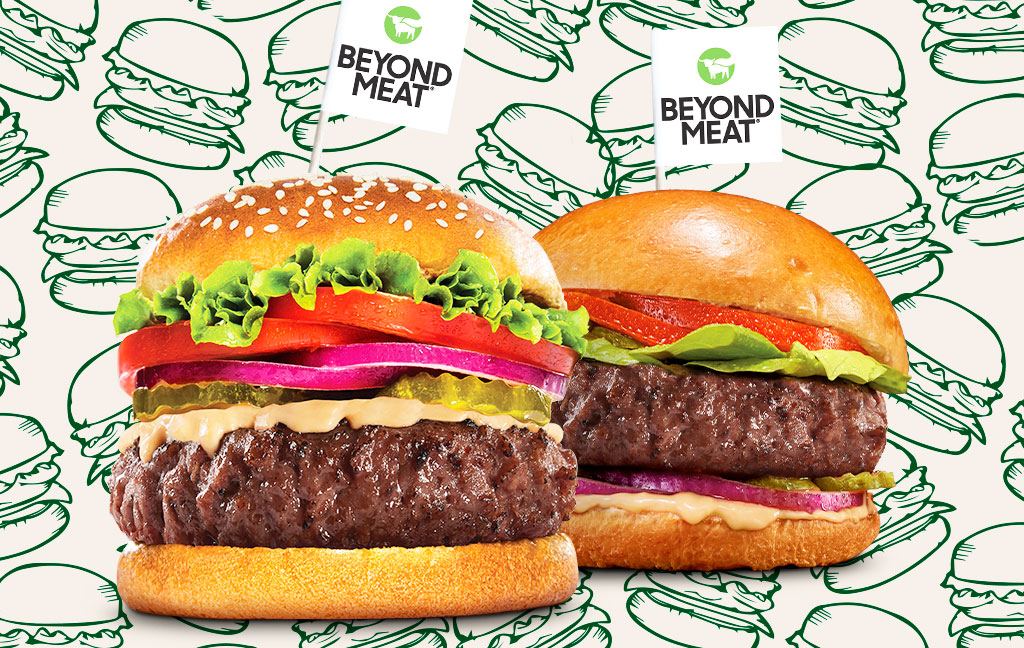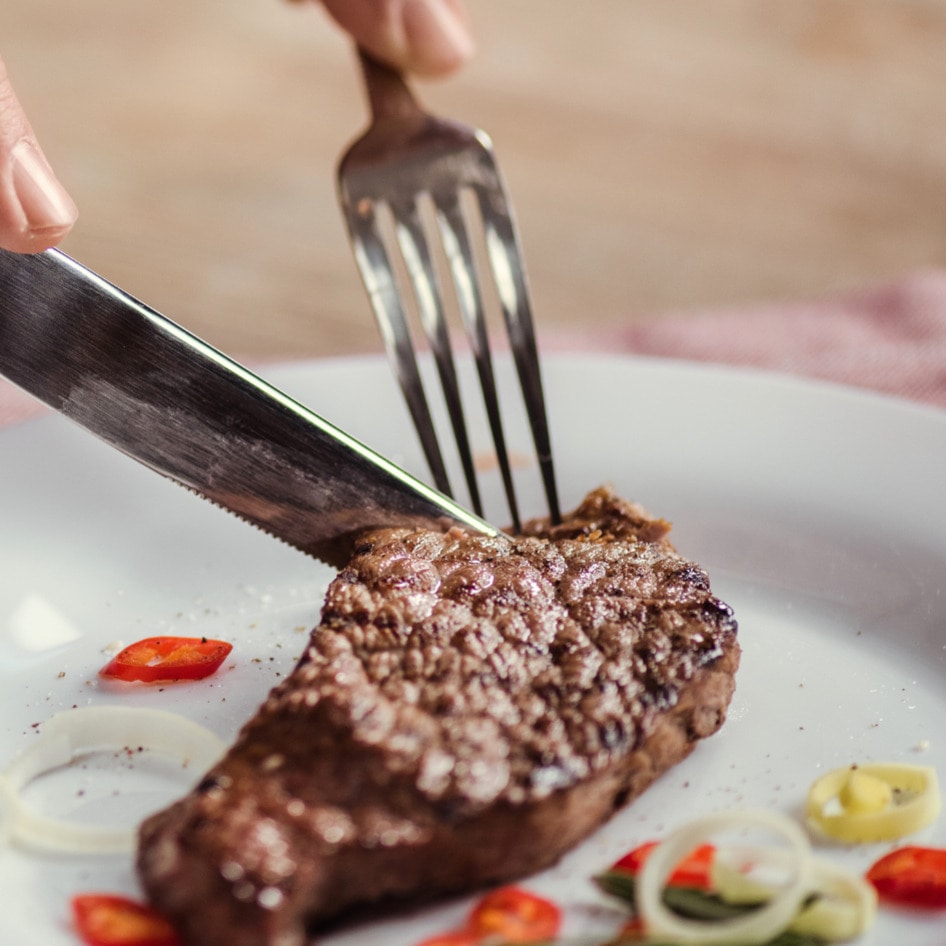Seitan—a vegan meat alternative—has a carbon footprint that is 130 times lower than beef, according to an analysis released today by London-based sustainability firm Thrust Carbon. Compiled on behalf of the United Kingdom’s leading seitan producer LoveSeitan, the analysis shows that while 100 kilograms of seitan produces 46.6 kilograms of carbon dioxide equivalent (CO2e) emissions, the same amount of beef produces 6,000 kilograms of CO2e.
“This analysis provides an excellent example of why seitan is so much better for the environment than animal products. Our seitan is higher in protein, lower in fat, and 130 times more sustainable than beef,” LoveSeitan Co-founder Steve Swindon said. “We expect this new data will make people think twice before choosing beef, lamb, chicken, or cheese for their next meal. Of course, we recommend seitan as the perfect alternative—it’s healthier and has a tiny carbon footprint comparatively.”

In addition to beef, the analysis looked at other meat products to find that 100 kilograms of lamb and chicken produced 2,400 kilograms and 600 kilograms of CO2e emissions, respectively. While the carbon footprint of cheese is often ignored, this analysis also found that 100 kilograms of dairy product resulted in 2,100 kilograms of CO2e emissions. In addition to seitan, tofu also had a relatively low footprint, with 100 kilograms of the soy-based product contributing 300 kilograms of CO2e emissions.
“If you really care about climate change and carbon emissions, just remember that you can have 130 seitan burgers for the same carbon footprint as one beef burger,” Swindon said. “Let that one sink in for a bit.”
What is seitan?
Seitan is made from wheat gluten (the main protein found in wheat) that is washed to create a fibrous dough that acts as a replacement to meat. The stretchy dough absorbs marinades and can be cooked using the same methods applied to meat such as grilling, sautéeing, smoking, and oven-roasting.
While Chinese cultures have consumed wheat gluten for centuries, the term “seitan” was first coined in 1961 in Japan by George Ohsawa, the founder of the macrobiotic diet who brought the versatile vegan meat to the West in the ‘60s. World Seitan Day will be celebrated in honor of the environmentally friendly vegan meat on October 18, 2021—Ohsawa’s birthday.

Environmentally friendly vegan meats
In addition to seitan and tofu, branded vegan meats are also more environmentally friendly than their animal-derived counterparts. When it comes to the Beyond Burger, a Life Cycle Analysis (LCA) conducted by the University of Michigan compared the environmental impact of the plant-based burger to a quarter pound beef burger and found that the Beyond Burger used 99 percent less water, 93 percent less land, and 43 percent less energy while emitting 90 percent fewer greenhouse gases than its animal-derived counterpart.

Similarly, Impossible Foods—which recently welcomed Paris Climate Agreement architect Christiana Figueres to its board—shared that its plant-based Impossible Burger uses 96 percent less land, 87 percent less water, and emits 89 percent less greenhouse gases than conventional beef from cows.
Given the smaller carbon footprints of vegan meat alternatives, educational institutions around the world are ditching beef to save the planet, including London School of Economics and Political Science, University of Cambridge, University of East Anglia, Goldsmiths of the University of London, and Portugal’s University of Coimbra.
JUMP TO ... Latest News | Recipes | Guides | Health | Subscribe
Photo credit: LoveSeitan







